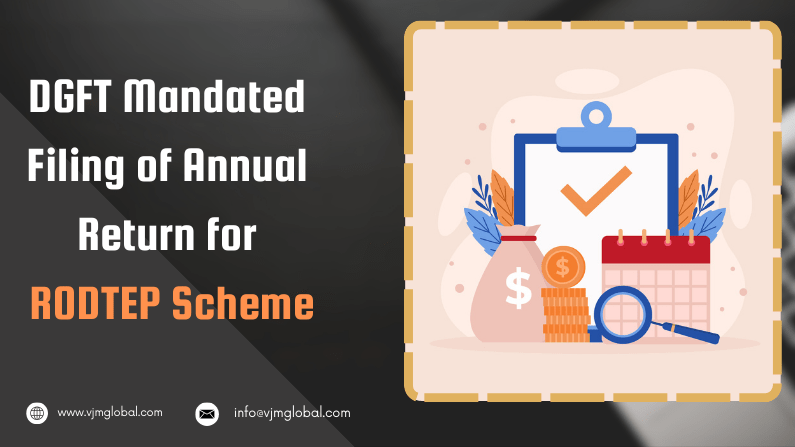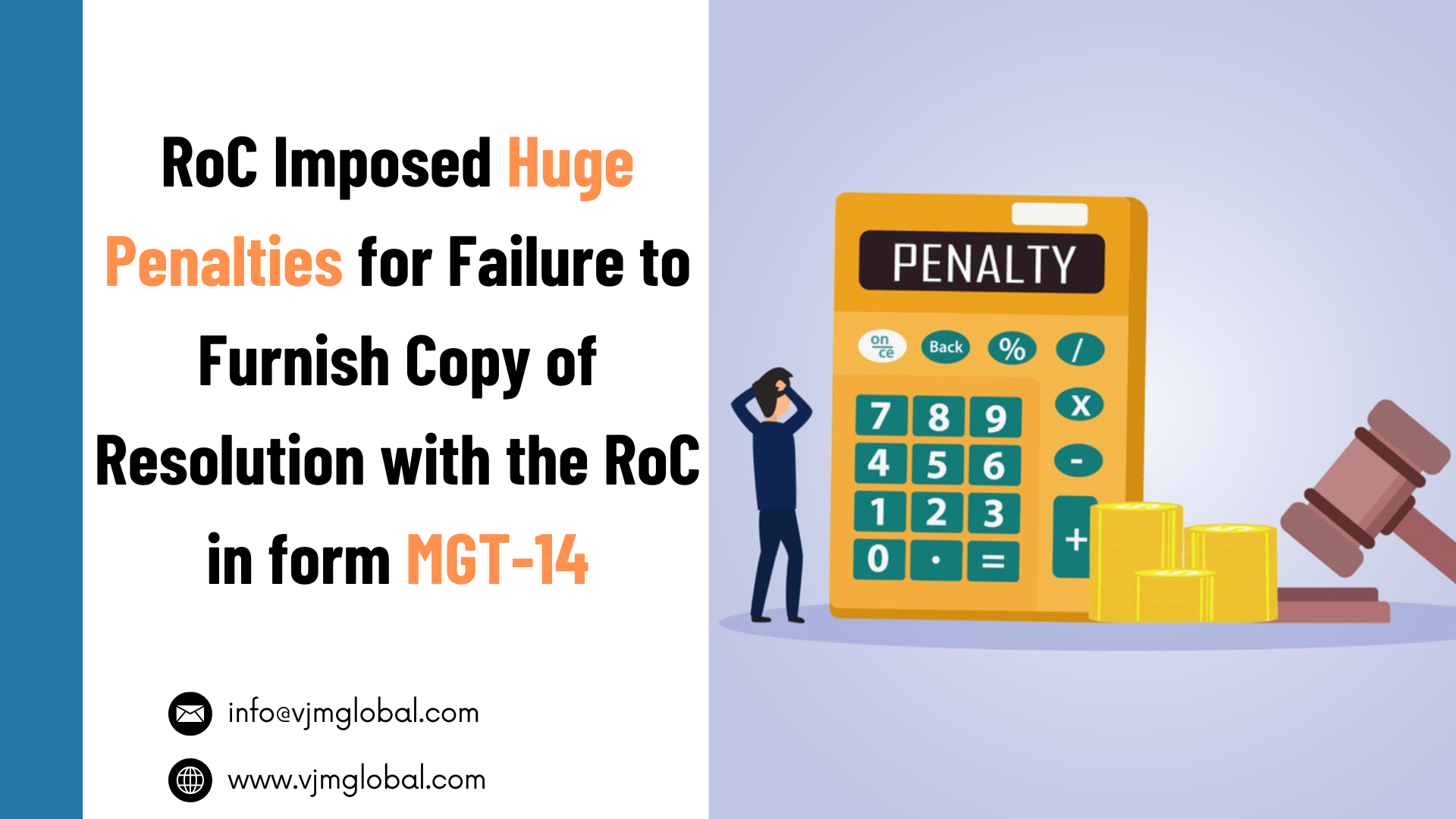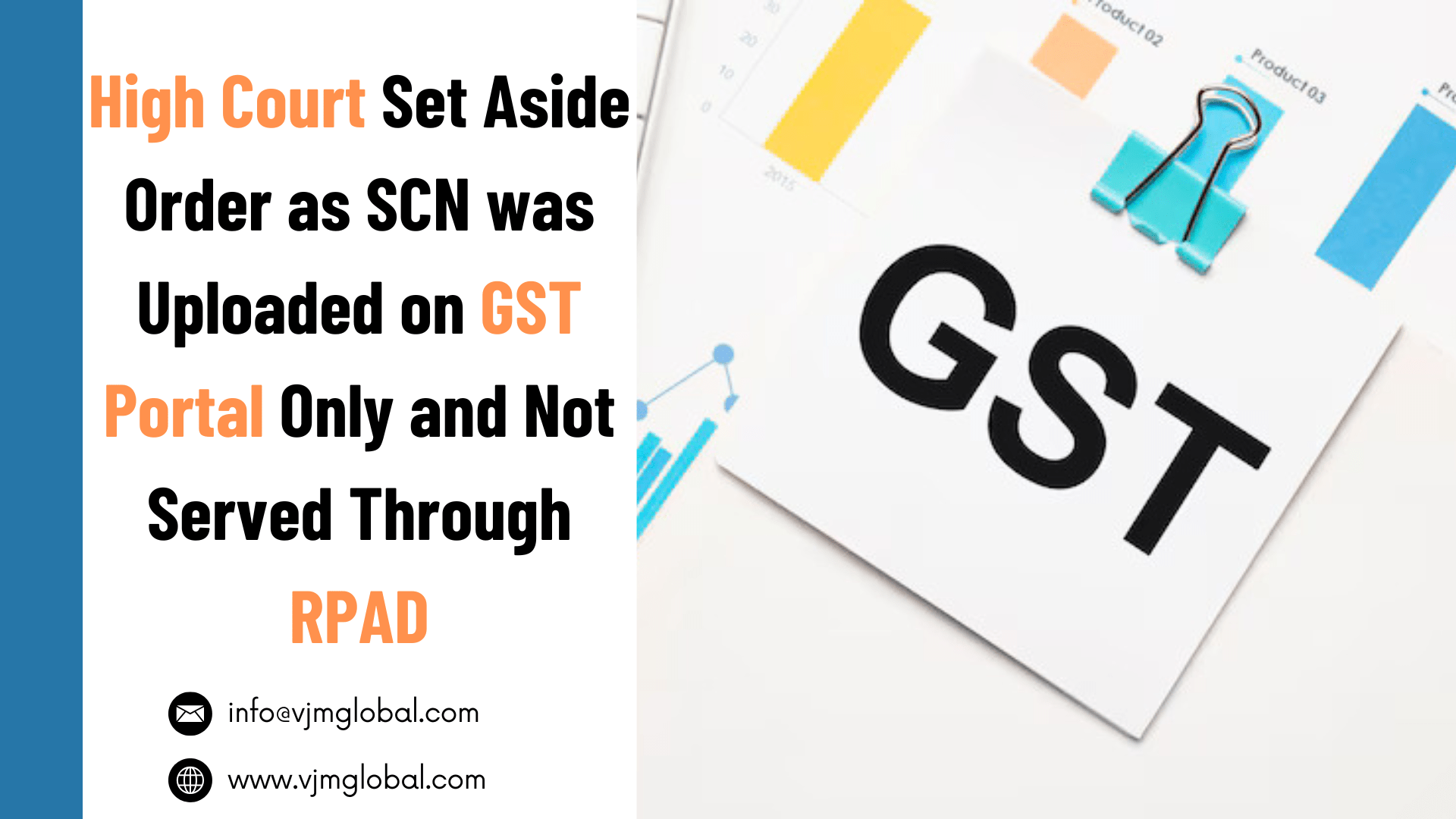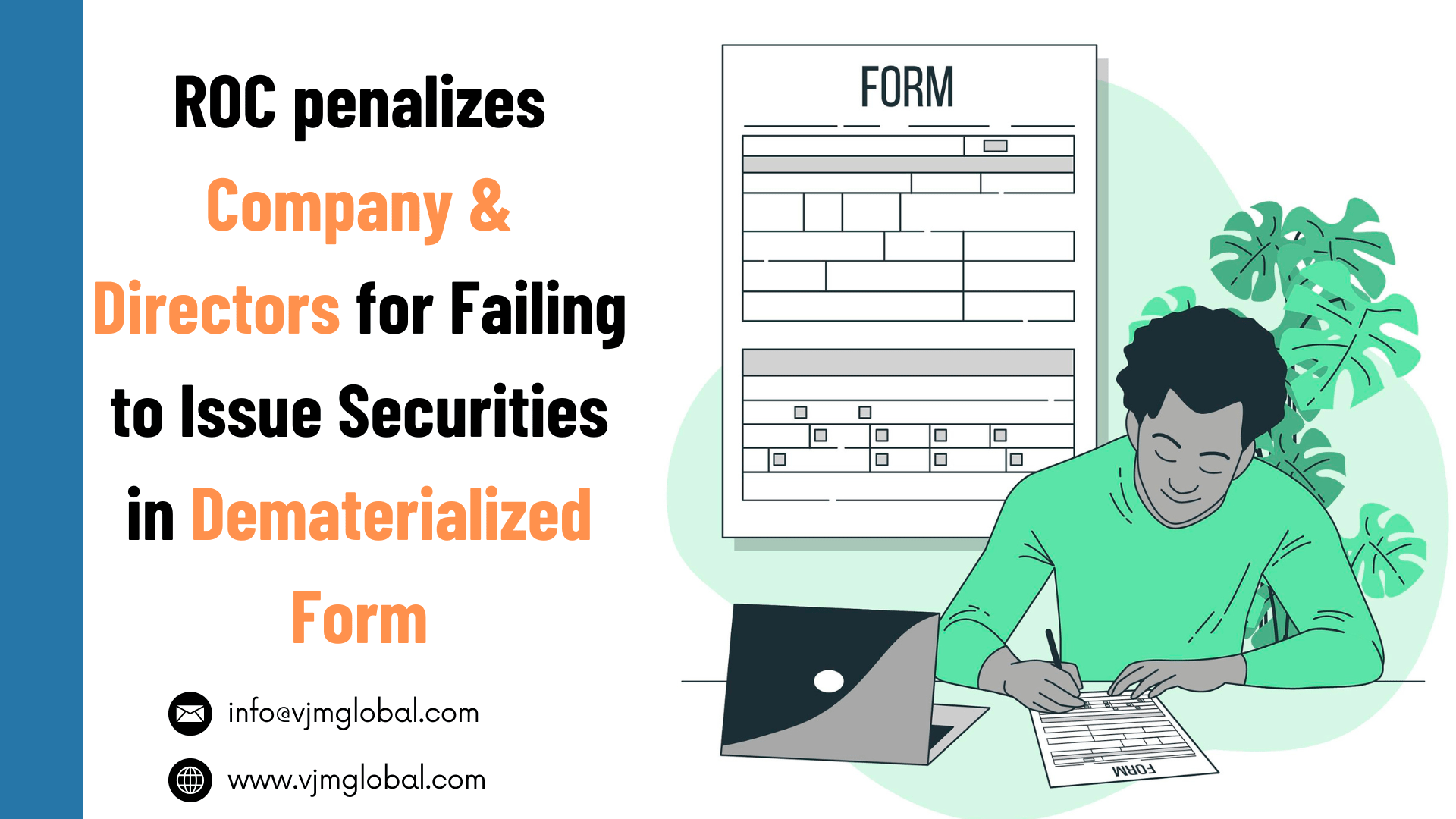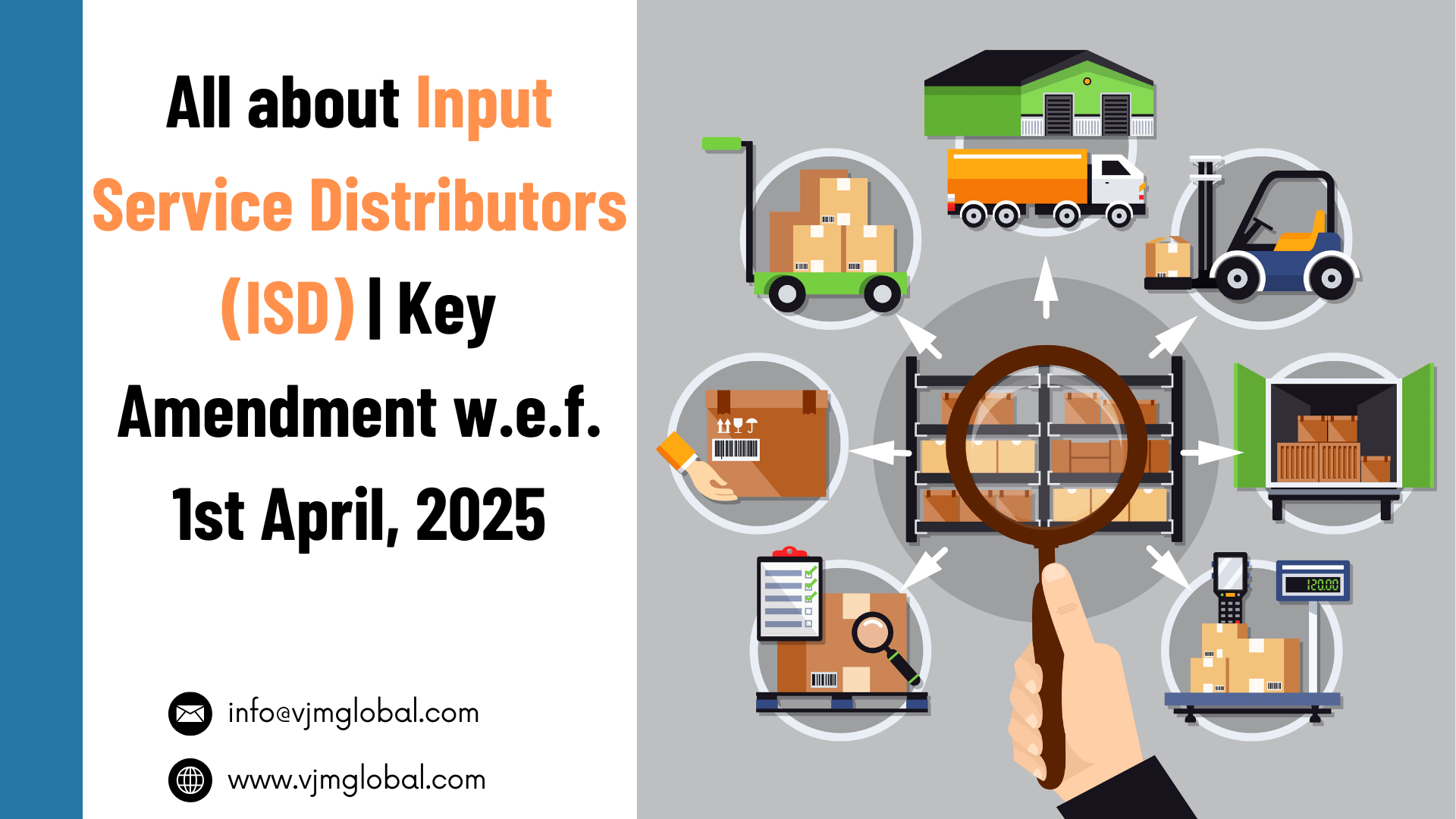The Remission of Duties and Taxes on Export Product Scheme (RODTEP Scheme) was introduced with effect from 1st January 2021 replacing the earlier export benefit schemes such as MEIS (Merchandise Export from India Scheme) and SEIS (Service Export from India Scheme). Under the RODTEP scheme, the exporter is given benefits in the form of scripts once the goods are exported.
To assess the nature of inputs used in manufacturing the goods being exported and actual payment of duties and taxes made, the DGFT has introduced a requirement to file annual return form vide public notice no. 27/2024-25 dated 23rd October, 2024.
1. Brief about the RODTEP Scheme
- The objective of the RODTEP Scheme is to provide a refund of Duties/Taxes/levies at the central, state, or local level on exported products and Indirect taxes/levies /duties concerning the distribution of exported products for which no refund is otherwise granted to the exporter.
- Benefit under this scheme is granted at a prescribed % of the FOB value of goods exported. Such % is notified as per the 8-digit HSN Code. In some cases, the rebate is granted at notified fixed amounts per unit.
- Rebate is granted in the form of transferable Duty Credit scripts.
- Such scripts can be utilized for payment of Custom Duty or the same can be transferred to some other person as well.
- Recently, the scheme was extended for normal exporters up to 30 September 2025 and for exporters operating under the Advance Authorisation Scheme or as an Export-Oriented Unit or Special Economic Zone up to 31 December 2024.
Read Also: RoDTEP (Remission of Duties and Taxes on Exported Products) | Applicable w.e.f. 01.01.2021
2. Who is required to file an Annual return?
- For filing of annual return, a new para 4.94 has been inserted under Chapter 4 of the Handbook of Procedures 2023.
- As per the newly inserted part, to assess the nature of inputs used in exported goods and to certain the actual amount of taxes and duties incurred, the exporters are now required to file annual RODTEP returns in Form 4RR.
- Annual return is to be filed by the exporter whose total RODTEP claim exceeds INR 1 Crores in a financial year for all HSN Codes.
3. Due date of filing of annual return
- Annual returns are to be filed on the DGFT portal by 31st March of the next financial year, i.e., for FY 2023-24, annual returns are to be filed by 31st March 2025.
- In case of non-filing of the Annual Form by 31st March, the exporter shall have the option to file an annual return by the next 3 months, i.e., up to 30th June on payment of composition fee of INR 10000/-.
- After the expiry of 3 months, the annual return can be filed on payment of composition fee of INR 20000/-.
4. Consequences of non-filing of annual return
- The Exporter shall have the option to file a belated annual return up to 30th June on payment of the compositions fee.
- However, after the expiry of the grace period of 3 months, i.e., 30th June, filing of annual return will lead to the denial of benefits under the RODTEP Scheme and no further scroll out of RODTEP claim for the Shipping bills shall be permitted at the customs port of export.
- After 30th June, RODTEP scrolls shall be resumed within 45 days after payment of the composition fee.
- Scrolls shall be resumed post-exchange of API messages between DGFT and Customs.
- Post resume of scrolls, RODTEP benefit shall also be given for the shipping bills which were not scrolled out earlier on account of non-compliance of AAR
Read Also: Clarifications on filing of Annual Return (FORM GSTR-9)
5. Other Points to be considered
- The exporter is required to maintain records substantiating the duty remission claim for 5 years.
- Annual returns may be assessed periodically for necessary due diligence.
- Certain annual returns may be selected for detailed scrutiny as per IT-assisted risk-based criteria.
- After completion of the assessment, the RODTEP script holder will be liable to refund or surrender any excess claim received by such person as determined by the order.
6. Information required to be furnished in Form 4RR
The Exporter is required to furnish the following information in Form 4RR:
- Export of Goods
- Quantity of products exported during the year;
- FOB value of the goods exported
- Cost of Inbound and outbound transport
- Total VAT paid and Excise paid on transportation cost incurred concerning the process of procuring raw material, consumables, and spares for the manufacture of products (inbound transport) by Road and Rail; and
- Total VAT paid and excise paid on transporting exported goods from factory to gateway port (outbound transport) by road and rail.
- Electricity duty paid for the manufacture of exported products during the year;
- Stamp duty paid for relevant export documents;
- VAT paid and excise duty paid on fuel used for manufacture of exported products during the year;
- Embedded CGST and SGST in purchases made from unregistered dealers
- Any other taxes paid (with justification)
- Input wise Incidences of taxes/ duties/ levies borne by the export product on account of prior stage cumulative taxes on raw material/ Input consumed in the manufacture of exported products:
- HSN Code of the Input
- Technical description of the input
- Value of input used in the manufacture of per unit of export product
- Quantity of input used in manufacturing per unit of export product
- UQC
- Total taxes/ duties/ levies paid on raw material/ Input consumed
- Total RODTEP accrued during the period
- Comparison of RODTEP Accrued under the scheme and total duties and taxes paid during the year concerning exported goods
Conclusion
The exporters are required to prepare detailed information concerning inputs and corresponding tax payments to file an annual return. Such records should be maintained for 5 years. In case of nonfiling of annual return, the benefit of RODTEP shall be disabled. Given the mandatory requirement with potential denial of future benefits on non-compliance, the trade needs to take quick stock of their preparedness for filing the return.

